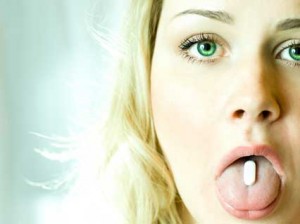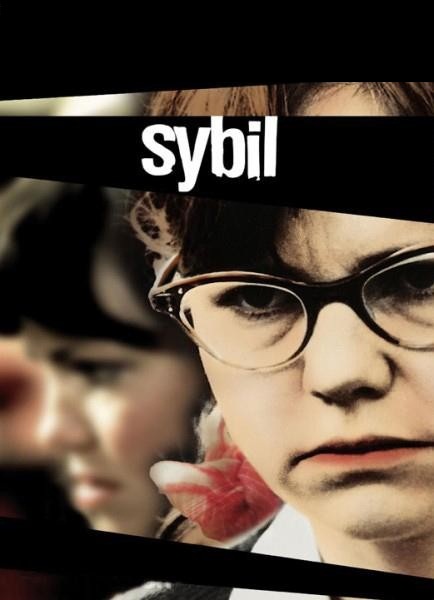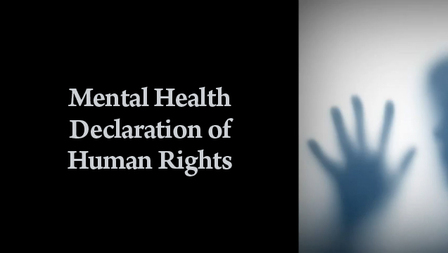
ONE DRUG TO MAKE YOU HAPPY
Within the last two decades the field of psychiatry has mushroomed from a fringe body of Sigmund Freud admirers to a mainstream player in the field of medical pharmacology, largely because of an unseemly union between that profession and the drug industry, leading to the creation of many never before known disease states and profitable ways to exploit those alleged diseases with psychiatric services and drugs.


